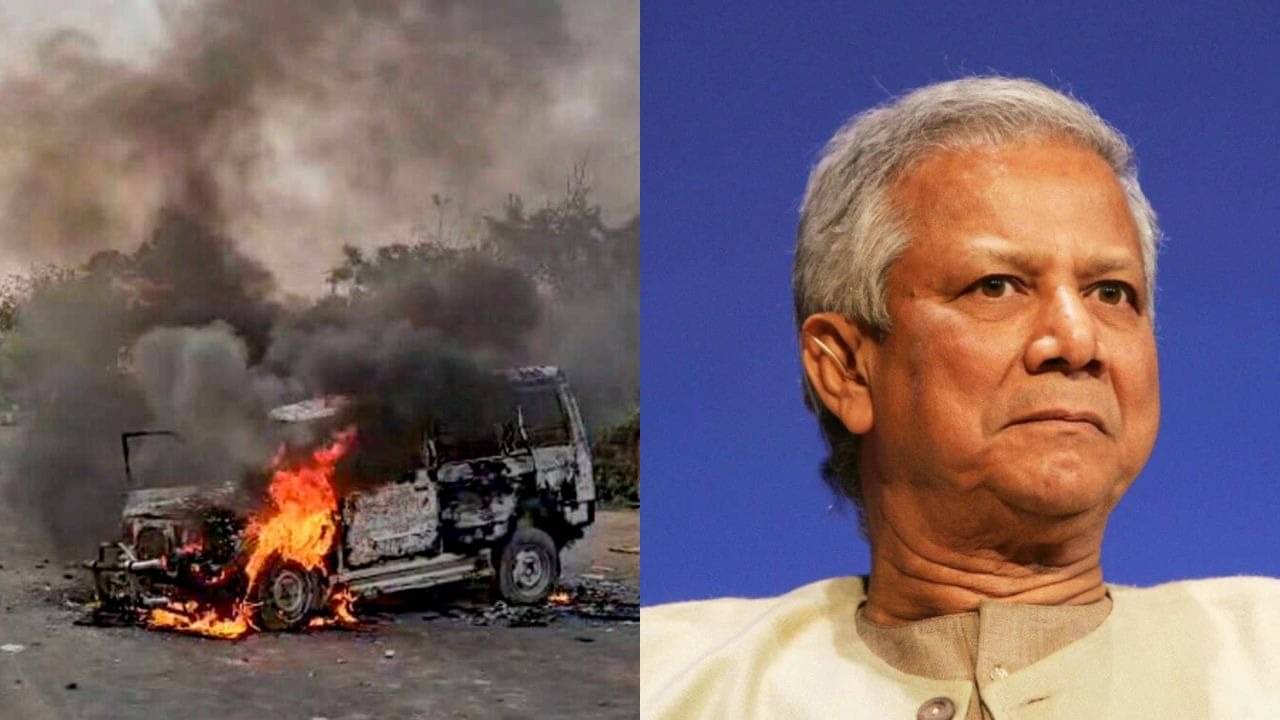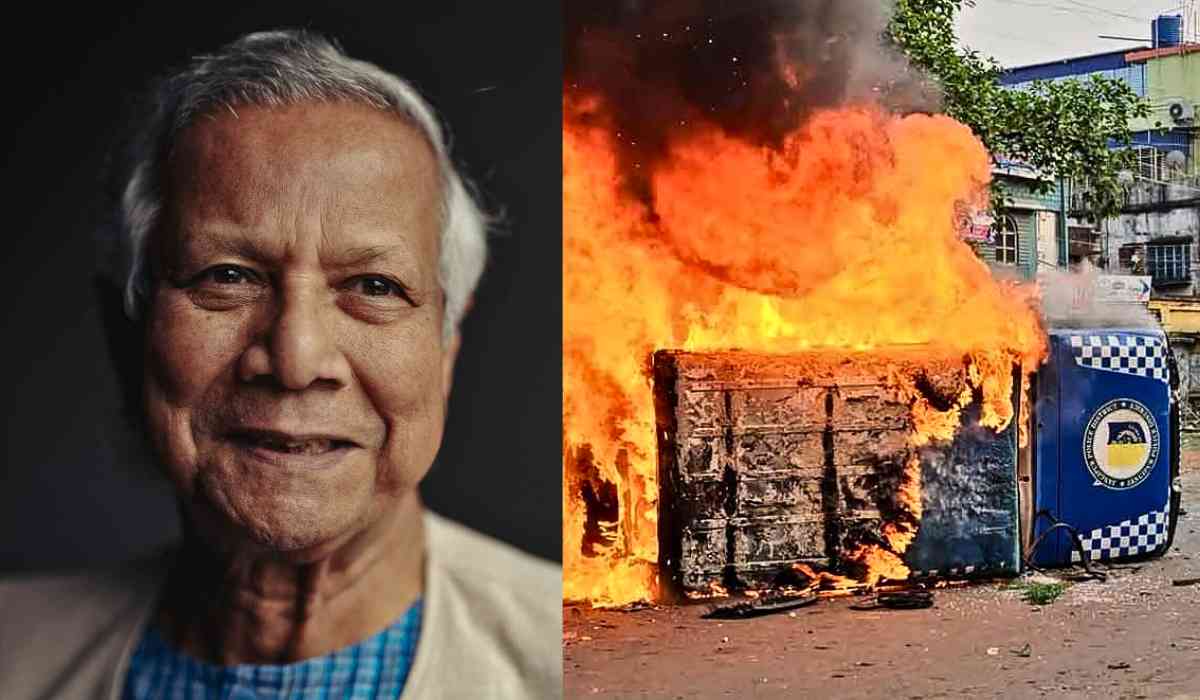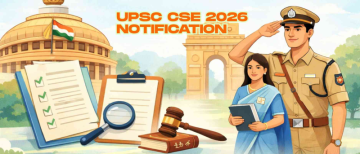India has strongly criticized Bangladesh for its remarks regarding the recent communal violence in West Bengal, urging Dhaka to focus on protecting its own minorities instead of commenting on India's internal matters. This diplomatic exchange follows violent clashes in Murshidabad district, West Bengal, sparked by protests against the Waqf (Amendment) Act, which led to three deaths and numerous injuries.

Background of the Violence
The unrest began when Muslim communities protested the Waqf Amendment Act, a law that modifies the governance of waqf properties—religious endowments under Islamic law. The amendment allows greater government oversight, which some perceive as an infringement on Muslim autonomy. These protests escalated into communal violence affecting several towns and rural areas in Murshidabad, resulting in casualties on both sides and widespread property damage.
Bangladesh’s Remarks
In response to the violence, Bangladesh’s interim government spokesperson Shafiqul Alam, representing Chief Adviser Muhammad Yunus, condemned the attacks on Muslims in West Bengal and urged the Indian government and West Bengal authorities to take all necessary measures to protect the minority Muslim population. Bangladesh also rejected any insinuations of its involvement in the unrest, emphasizing a stance against communal violence.

India’s Rejection and Perspective
India’s Ministry of External Affairs (MEA), through spokesperson Randhir Jaiswal, firmly rejected Bangladesh's remarks as "disingenuous" and an attempt to divert attention from the persecution of minorities within Bangladesh itself. Jaiswal highlighted ongoing concerns in India about the treatment of minorities in Bangladesh, where perpetrators of violence reportedly remain unpunished. He accused Bangladesh of "virtue signalling" and advised Dhaka to prioritize the protection of its own minority communities rather than making "unwarranted comments" on India’s internal issues.
Context of India-Bangladesh Relations
The diplomatic tension comes amid a backdrop of strained India-Bangladesh relations following the political changes in Dhaka last year. The caretaker government led by Muhammad Yunus took office after the ousting of former Prime Minister Sheikh Hasina amid protests. Since then, India has expressed concern over attacks on minority groups, especially Hindus, in Bangladesh. This has added complexity to the dialogue between the two neighbors, with each side accusing the other of neglecting minority rights.
This episode reflects the sensitive nature of communal issues in South Asia, where religious and ethnic minorities often face challenges. Both India and Bangladesh have significant minority populations that require protection and respect for their rights. While Bangladesh’s call for safeguarding Muslims in India stems from genuine concern, India's response underscores its own worries about minority safety in Bangladesh.

The exchange also illustrates how domestic issues can quickly become international diplomatic matters, especially between neighboring countries with shared histories and cultural ties. It is crucial for both nations to engage constructively, focusing on dialogue and cooperation to ensure peace and security for all communities.
Conclusion
The recent West Bengal violence and subsequent diplomatic spat between India and Bangladesh highlight the importance of protecting minority rights on both sides of the border. While Bangladesh urges India to protect its Muslim minorities, India counters by pointing to the need for Bangladesh to safeguard its own minorities. Moving forward, a collaborative approach grounded in mutual respect and understanding could help reduce tensions and promote stability in the region.
This article aims to provide a clear, balanced overview of the situation in simple language, helping readers understand the complexities behind the headlines without taking sides.
With inputs from agencies
Image Source: Multiple agencies
© Copyright 2025. All Rights Reserved Powered by Vygr Media.























